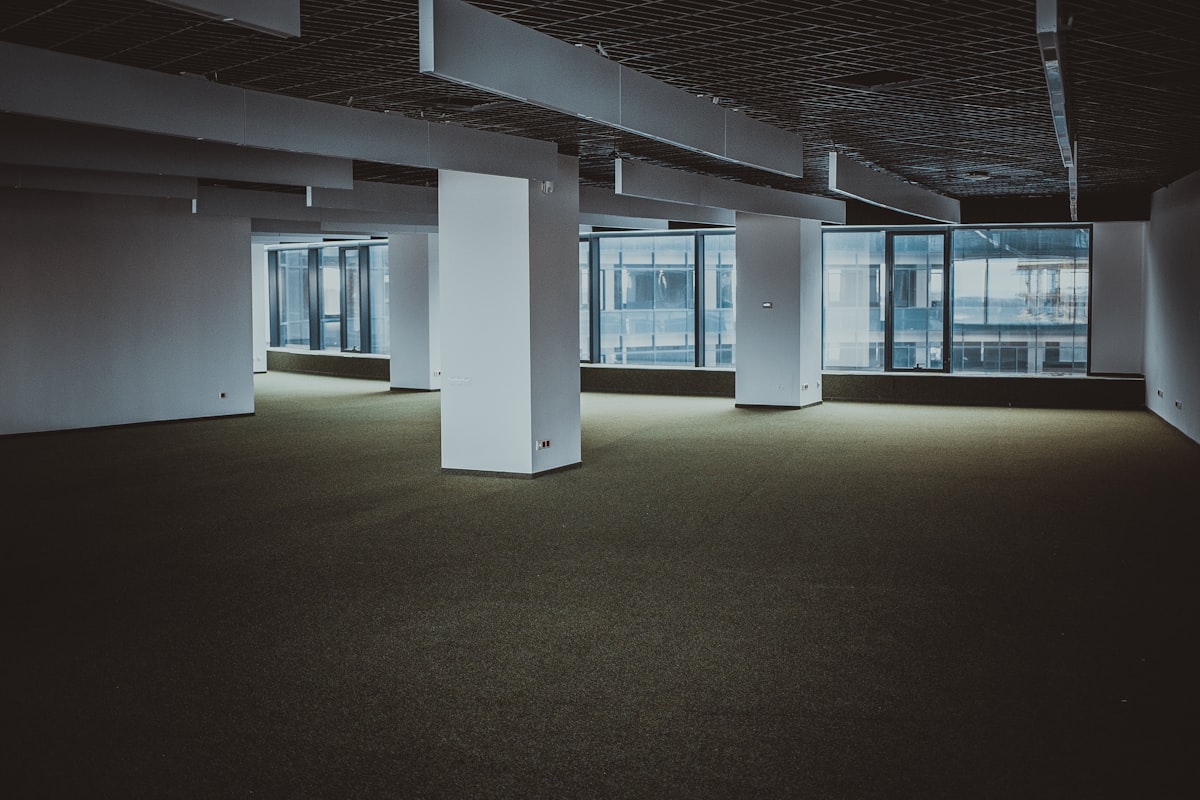HOW ARE WE SUPPOSED TO INTERPRET LAYOFFS? AND WHAT EFFECTS DO LAYOFFS REALLY HAVE ON REAL ESTATE AND CITIES?
Listen to this story instead! 👇
The tail end of 2022 showed a major swing towards rampant layoffs, especially in the tech space. I’ve been trying to make some sense of this recently, and I want to share what I’ve learned with you.
Why am I talking about layoffs?
Well, just in the technology sector, there’s been an *ahem* increase that’s pretty sizable.

Now, are all these layoffs a result of bloated hiring practices during the lockdown times when technology use went bananas due to everyone being stuck at home? (probably definitely)
Furthermore, we should include some notes about job creation and whatnot, from the bureau of labor and stats, right?
Nah.
I’m not trying to go that deep, or hypothesize on those kind of questions here. I left my crystal ball at home and don’t really care to answer the “why”, if I’m honest. Other people will do a better job of that, I’m sure.
What I DO care about, is understanding how many layoffs are occurring due to natural post-lockdown shrinkage, versus how many have been from companies with fatally flawed fundamentals who were just being propped up by the imaginary “pandemiconomy”.
It’s not an exact science, and I have only bite size insights on a handful of companies that I follow, but the official statements put out by CEO’s during layoffs really tell the story, for me, if I squint real hard and read between the lines.
Here are the two general types of layoff patterns I’ve been noticing:
1. The heartless cut (layoffs from post-lockdown shrinkage)
This is when a company that thinks they still have a viable business strategy (for the foreseeable future) takes the opportunity to join the chorus, singing “it’s hard out there for everyone right now”, letting go of excess (or downright bad or troublesome) employees, while saving face. These companies expanded or over-hired during the last few years in response to unusual times, and are not able to keep it up under more rational consumer behavior.
I think Landing, the fully-furnished apartment rental company based in Alabama, who had multiple rounds of layoffs in ‘22, is a great example of this…
In a statement, the company said the moves were made to “increase operational efficiency and protect Landing’s path to profitability.” Corporate-speak for, “We saw an opportunity to fire some people, without looking like we’re firing them”, in my experience.
2. There’s a big hole in the boat (fatally flawed fundamentals)
These layoffs are easier to spot; at least the ones in the real estate sector have been to me, but that’s where I spend my days…
A while back, in another letter about tech companies, I wrote that “Any company that picks one small gear in the machine that is their industry, whether that's e-commerce, real estate, technology, etc., and attempts to only make things 1% better, or faster, or cheaper, is not building a business. They are building a feature and hoping to figure out the rest as they go.”
I’ll stand by my original statement and go further, to say that “iBuying”, or using a computer algorithm to make cash offers to buy homes, in hopes to flip them for a profit in 6-12 months, as an entire industry, has a massive hole in its boat.
“A layoff is awful but we can’t avoid it. We plan to keep increasing our share of the market, but that market in 2023 is likely to be 30% smaller than it was in 2021.”
Redfin CEO Glenn Kelman
“The reality is, we’re navigating one of the most challenging real estate markets in 40 years and need to adjust our business.”
Opendoor CEO Eric Wu
Didya hear that?
”…we can’t avoid it”
”…need to adjust our business”
Not a lot of hope in those words.
Let’s bring this home, shall we?
For the last few months, I’ve been keeping up with projects like this one where large office buildings are getting converted into apartments due to ultra-low occupancy.
The “new normal” for office buildings in major downtowns is looking like it’s going to settle at half the occupancy rate of pre-covid. Big oof.
So, I’m keeping count of which layoffs are from flawed business models. If the economy is “coming out of its slump”, how will these empty buildings get filled again, if these layoffs are permanent? That’s what I really want to know…
Let me know your thoughts on this!

